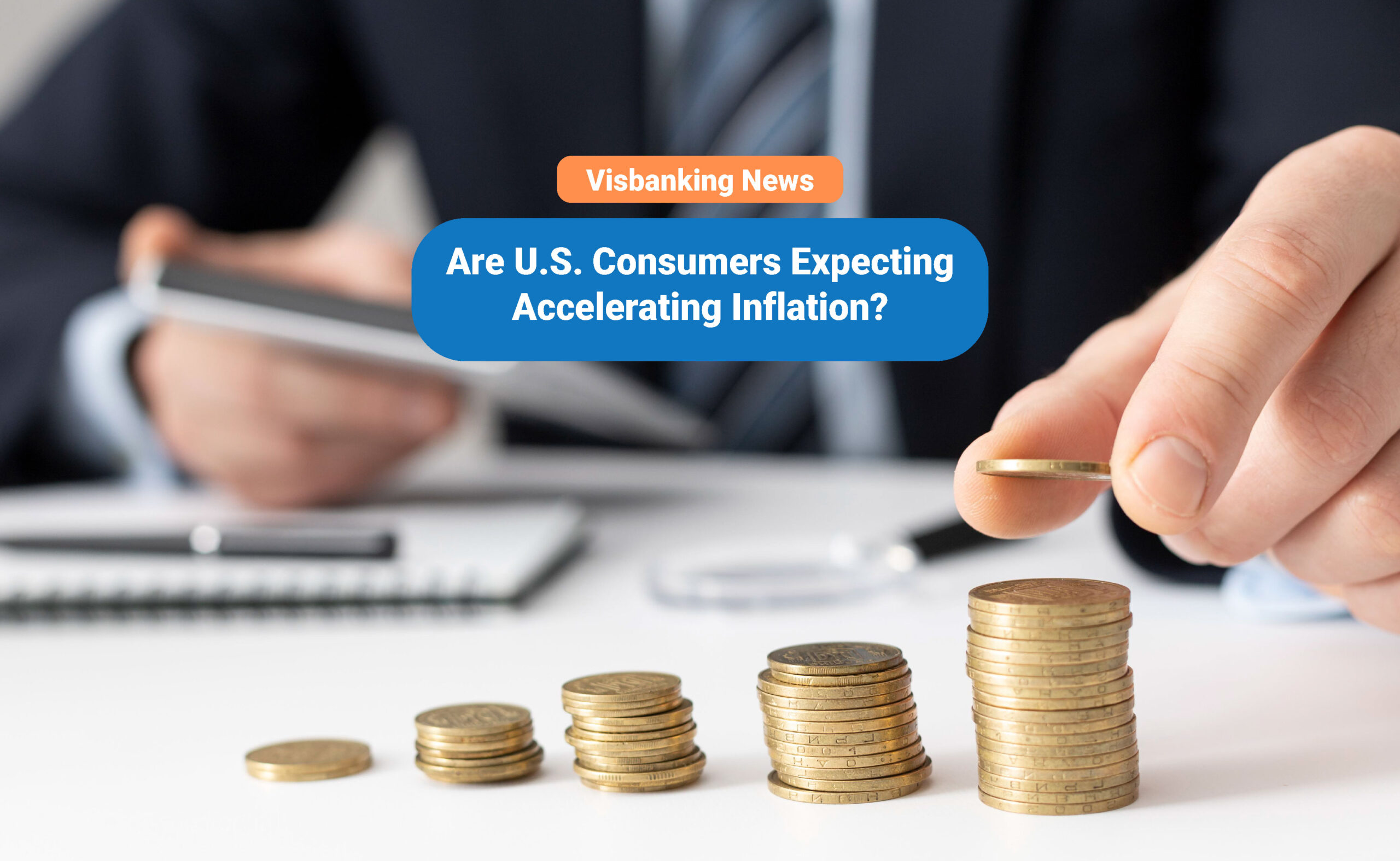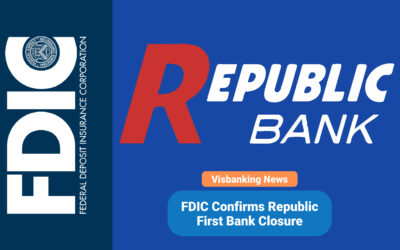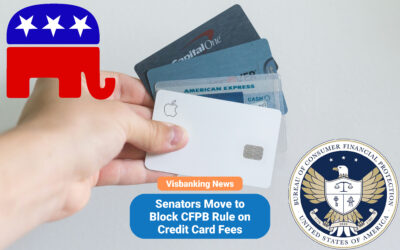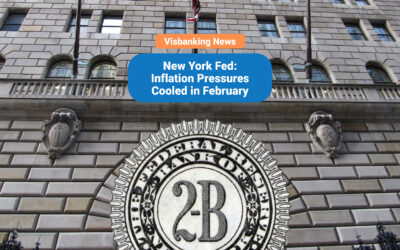Though some experts have downplayed continued inflation, a new survey suggests that consumers may have other expectations. The most recent University of Michigan Surveys of Consumers found that respondents expect accelerating inflation in the future.
Why would consumers expect accelerating inflation?
The latest survey marks the second straight month in which price hike expectations increased. In fact, respondents said that they expect an average of 3.2% inflation over the next five years. According to the survey’s author, consumers haven’t been that pessimistic about long-term inflation since 2011.
The survey’s results may prove confounding for the Federal Reserve and other experts. Public policy makers have repeatedly cited a decline in the rate of price hikes. Surprisingly, they seem bewildered by consumers’ stubborn refusal to believe that inflation has truly slowed.
As many observers have noted, however, there are very good reasons for consumers to reject that narrative. In the absence of deflation, those rising prices are cumulative. That means that Americans are still seeing the prices of many staple goods rise each month. And no matter what policymakers say, consumers will always believe their shopping receipts over the prevailing narrative.
To put it bluntly, consumers expect prices to continue to rise because—wait for it—prices have been continually rising for several years now. Moreover, many Americans undoubtedly believe that policymakers seem to be waiting for the problem to resolve itself. Without a serious plan to bring the economy back into balance, it’s only natural for consumers to prepare for the worst.
A different take from the Fed
Notably, the University of Michigan survey stands in stark contrast to the Fed’s own survey results in October. That survey found that respondents expected the rate of price hikes to decline to 2.7% five years from now.
The disconnect may be as simple as a decline in response rates to government surveys. As Bloomberg observed earlier this year, those response rates have plummeted since the pandemic. And without respondents willing to provide data for analysis, government economic numbers may be less reliable.
Of course, the big question is how consumer expectations may impact rising prices. The last thing the Fed wants to see is consumers becoming accustomed to the thought of higher inflation. The danger in unanchored expectations has been acknowledged for decades. As the Brookings Institution notes, these types of unanchored expectations played a key role in the last major battle against inflation:
“As a result of the persistently high inflation in the 1970s and 1980s, inflation expectations became unanchored and rose with actual inflation—a phenomenon known at the time as a wage-price spiral. This cycle plays out as follows: high inflation drives up inflation expectations, causing workers to demand wage increases to make up for the expected loss of purchasing power.
When workers win wage increases, businesses raise their prices to accommodate the increase in wage costs, driving up inflation. The wage-price spiral means that when inflation expectations rise, it is difficult to bring down inflation, even if unemployment is high.”
The bottom line is worrisome and could pose a risk to the Fed’s efforts to combat rising prices. If consumer expectations become focused on accelerating inflation, it could potentially add fuel to the existing inflationary fire.




